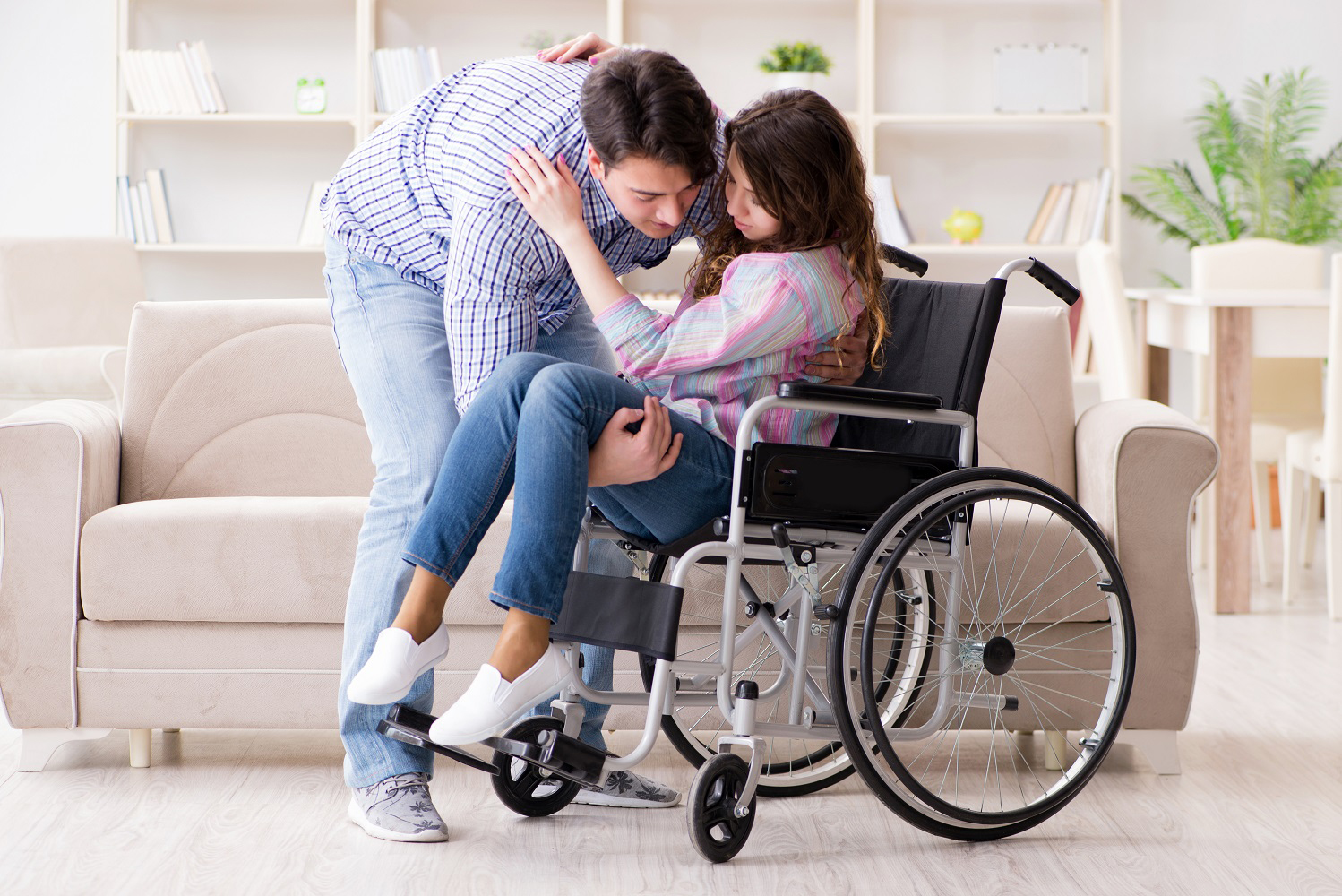Prashant Aggarwal
World Health Organization states that 15% of the world’s population suffers from some form of disability. One-fifth of the world’s population, which is amongst 110 million and 190 million, suffers from significant disabilities. India has a population of about 80 million incapacitated people. In India, 1.67 percent of the population is suffering from disabilities and 35.29 percent of them are children. In various reports, many parents and relatives have problems with their child’s disability. Therefore, children with disabilities are treated differently in public places such as schools or parks, and representations in society become less active for them.
Less opportunities in scholastic education- Negligence of parents undergoing social pressure since their child is differently abled causes them to undergo immense stress. This causes tremendous peer pressure causing parents to put in added efforts which means additional medical expenses. This can be seen mostly in the rural parts of India. Thus, parents prefer to keep such children suffering with disabilities to stay at home and not go to school.
Lack of facilities and empathy- Like other normal children, kids with disabilities usually feel the unwanted stress of lack of empathy that is being shown by people. In the rat race where people aim at being the best, children with disabilities tend to directly compete with those children who are normal causing them to be bullied and sometimes even looked down upon. Even after the tendency of people speaking of social inclusion for children with disabilities, these children face obstacles due to lack of proper infrastructure and transport, proper roads, walking and commuting areas, ramps and lifts in buildings. People tend to overlook their special needs and not pay heed at all sometimes. This causes tremendous stress amongst children at a tender age affecting their mental health with insecurities and inferiority complexes. Parents in the name of protecting their own child tend to overprotect them and not prevent them from mingling with children with no disabilities.
Mistreatment impacts mental health – Children with disabilities are still do not have basic rights like health, education, equal treatment and social inclusion in their lives. But most people in rural areas and low-socioeconomic strata associate the disabled with misconceptions and social taboos. In most rural parts such children are treated miserably and face social taboos, leaving them with prolonged mental illness and religious sacrifices.
Solutions
Better education and Community based rehabilitation programs- Community-based rehabilitation can change the approach towards children with disabilities. In the field of education, it is recognized that less skilled teachers are often unable to provide proper education and handle these children due to lack of knowledge and proper training. As per many guidelines, advanced curriculum and well-trained teachers can promote children with disabilities which can ultimately motivate them to learn more and get the education they deserve.
Improvement in infrastructures at schools and public places- The Government needs to improve the infrastructures at public places like parks, malls and at schools. All places should be accessible to the differently abled. Public places must be fully equipped to make children with disabilities safe and secure and valued for being differently abled. Facilities such as, ramps, wheelchairs, wheelchair and crutches, friendly paths, entries to buildings and public transportation should be introduced for differently abled children’s convenience.
Special Classes for parents, relatives, neighbors, colleagues- Workshops to reduce the social divide and creating live awareness programs with people who have disabilities instills a sense of security and pride amongst people especially parents of children suffering from disabilities in rural areas. Rehabilitation programs supporting the creativity of such children with disabilities and promoting their names as achievers can help reduce the social divide amongst those children who are not disabled with the ones who are differently abled. Street plays and E-choupals with the workshops for those who are differently abled can help reduce the misconceptions people have about disabled or differently abled children.
(The author is the president of Narayan Seva Sansthan)
Trending Now
E-Paper


